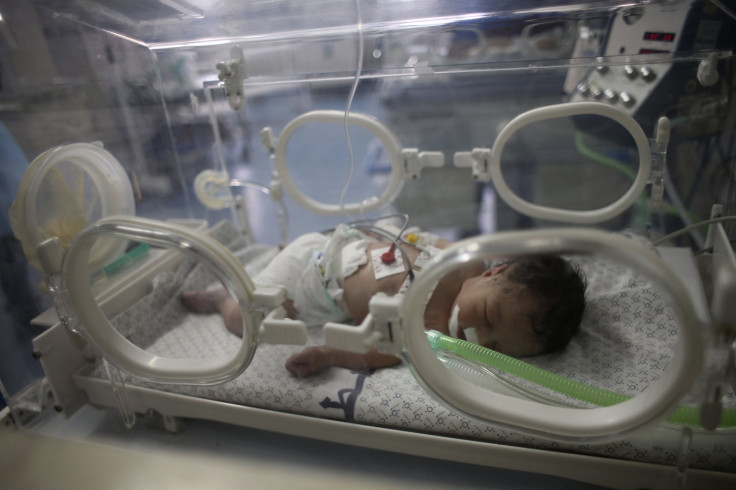Infant Antibiotic Use May Cause Adult Diseases

A new study found that administration of antibiotics in infants can cause different health hazards later in life. It was discovered that these drugs have a valuable link in the balance of gut microbes. These imbalances, called dysbiosis, have been associated with allergic conditions, autoimmune disorders, infectious diseases and even obesity.
The study published in the scientific journal, Cell Host and Microbe, devised a clinical model that can help to determine the bacterial development in the gut of young participants. This was led by Pajau Vangay, who is a student fellow from Biomedical Informatics and Computational Biology.
Antibiotics are one of the most commonly administered medications amongst young children. However, only a third of those prescribed with antibiotic therapy have the correct indications. Previous studies also showed that antibiotics can cause short and long-term effects on the components of microbiome, which is a bacteria found inside the body.
“Diseases related to metabolism and the immune system are increasing dramatically and in many cases we don’t know why,” said Dan Knights, senior author and computational biologist and assistant professor in the University of Minnesota’s Department of Computer Science and Engineering and Biotechnology Institute. “Previous studies showed links between antibiotic use and unbalanced gut bacteria and others showed links between unbalanced gut bacteria and adult disease. Over the past year we synthesized hundreds of studies and found evidence of strong correlations between antibiotic use, changes in gut bacteria and disease in adulthood.”
The researchers developed a clinical model that provided an insight about the relationship of antibiotics to allergies and obesity. They found that antibiotics may kill the gut bacteria that boost immune cells to develop, thus enhancing the effects of allergens. In addition, antibiotics also cause impairments in short-chain fatty acids that have significant effects to metabolism.
With these findings, the authors believe that these could help future research about antibiotic therapy and its effects, Knights said. Furthermore, this could help scientists develop interventions earlier.
To contact the writer, email rinadoctor00@gmail.com





















